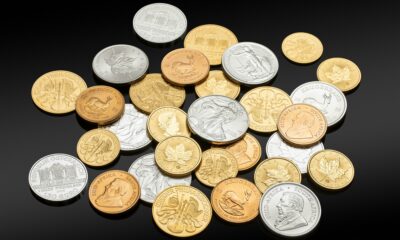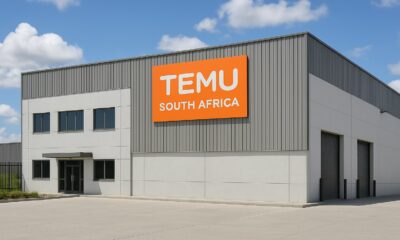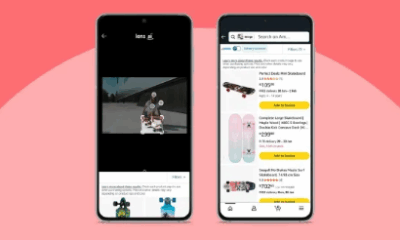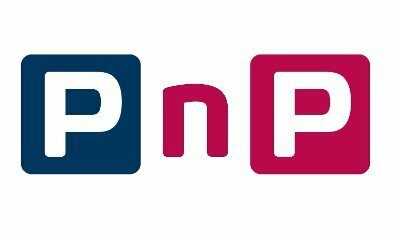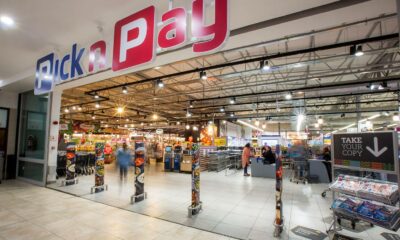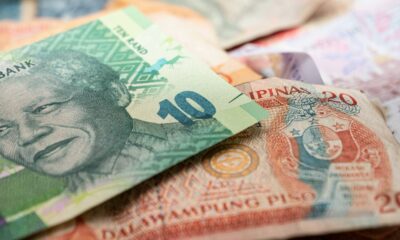Business
Amazon SA Undercuts Grocery Giants with Cheaper Prices Than Checkers and Pick n Pay
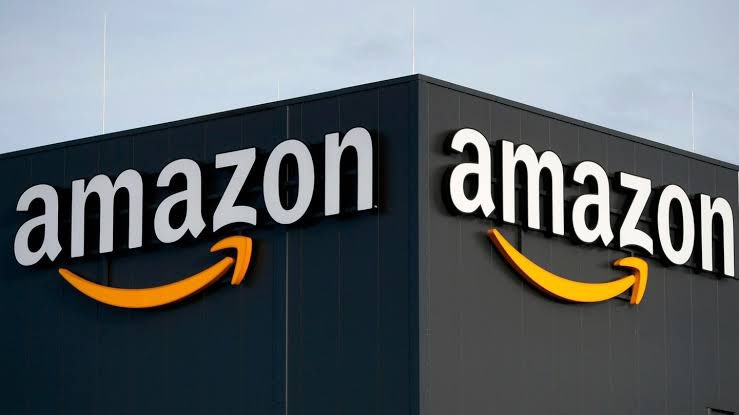
Online shopping in South Africa just got a whole lot more competitive
In a country where consumers are constantly hunting for bargains to survive the rising cost of living, Amazon South Africa has quietly pulled off something significant, it’s undercutting traditional grocery giants Checkers and Pick n Pay on the price of everyday essentials.
According to a MyBroadband price comparison, Amazon.co.za now offers the cheapest basket of groceries compared to its closest competitors, including Takealot, which it significantly outpaced.
Rising Costs, Rising Clicks
Since its local launch, Amazon’s “Everyday Essentials” category has taken off. Products like toilet paper, dishwashing liquid, nappies, and cleaning supplies have become top sellers, reflecting what Amazon’s Sub-Saharan Africa managing director Robert Koen describes as a shift toward value-based online shopping.
“South Africans are increasingly choosing convenience and savings,” Koen said. “And Amazon’s model allows us to meet that need.”
With online grocery shopping growing steadily in South Africa, especially post-COVID and a weakened rand squeezing household budgets, the timing couldn’t be better for Amazon to make a pricing power play.
The Numbers: Amazon Wins Big
In a basket comparison of 20 commonly bought FMCG (fast-moving consumer goods) items , from All Gold tomato sauce to Omo washing powder, Amazon was the cheapest on 18 of them. Here’s the cost breakdown:
-
Amazon.co.za: R1,353.43
-
Checkers: R1,638.80
-
Pick n Pay: R1,653.80
-
Takealot: R2,133.00
That makes Takealot 58% more expensive than Amazon, a shocking difference for consumers trying to stretch every rand. In some cases, like Vaseline 50ml, Takealot sellers priced items as high as R120, while Amazon listed the same product at R15.99.
Why Amazon’s Prices Are Lower
Amazon’s advantage lies in its leaner business model and strict seller policies. Unlike Takealot, which often lets third-party sellers set unchecked prices, Amazon enforces price parity. If a product is significantly more expensive than what’s available at other major retailers, Amazon demotes the listing, making it harder for customers to buy until prices align.
This consumer-first approach might ruffle the feathers of sellers, but it protects shoppers and earns loyalty.
Meanwhile, Takealot’s pricing has become a meme on local social media, sparking the creation of watchdog tools like Serval Tracker, designed to help buyers spot outrageous markups.
The Catch: Amazon’s Limited Range
The only real drawback for now? Amazon’s product range is still narrower than Checkers or Pick n Pay. You won’t find fresh produce or perishables, yet.
But given the platform’s aggressive growth strategy and customer-driven inventory approach, that could change. Amazon is already expanding its first-party offerings and onboarding new sellers daily, with more household names expected to join soon.
Public Response: “Checkers Who?”
On social media, South African consumers are noticing:
“Amazon’s cleaning products are half the price of my local supermarket. It’s crazy,” wrote one TikTok user in a now-viral haul video.
“Just did my month-end shopping on Amazon. Never going back to [REDACTED],” posted another user on X.
A Grocery Shake-Up
With grocery inflation still battering household budgets in South Africa, Amazon’s entry into the essentials space is more than just convenient, it’s disruptive.
If Checkers and Pick n Pay want to hold their ground, they may need to rethink pricing strategies and embrace digital transformation more aggressively.
Until then, it looks like South African shoppers are increasingly saying, “Add to basket on Amazon.”
{Source: My Broad Band}
Follow Joburg ETC on Facebook, Twitter , TikTok and Instagram
For more News in Johannesburg, visit joburgetc.com

